A student survival guide: advice from UCL academics
10 November 2016
Meeting deadlines, adjusting to new surroundings, navigating relationships - just some of the things that can often make life as a student feel like a bit of a rollercoaster.
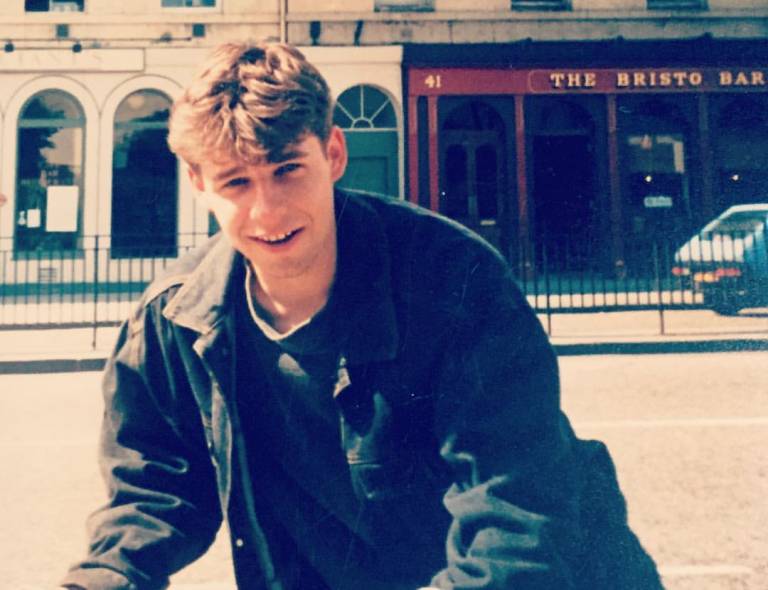 To help make the ride a little smoother, we asked some of UCL's academics what advice they would give based on their own experiences of being a student at university.
To help make the ride a little smoother, we asked some of UCL's academics what advice they would give based on their own experiences of being a student at university.
1. Take up volunteering
Studying at university can be an overwhelming experience, especially in a capital city. I came from a tiny village in the Scottish Highlands, and found it hard to maintain my confidence while adjusting to expectations and a new life. These included being the first person in my family to go to university and then also coming out as gay. I did volunteering work (for example teaching numeracy to adults with learning difficulties) to provide balance between the pressures of academic work, and a life outside of university. Unsurprisingly, this helped my studies enormously; it taught me to explain concepts using a variety of approaches - techniques that I still use in my teaching today. I'd recommend volunteering to any student who wants to go beyond just their academic life.
- Professor Anson Mackay (UCL Geography), studied Biological Sciences (Botany) at the University of Edinburgh
2. Become a 'work-a-frolic'
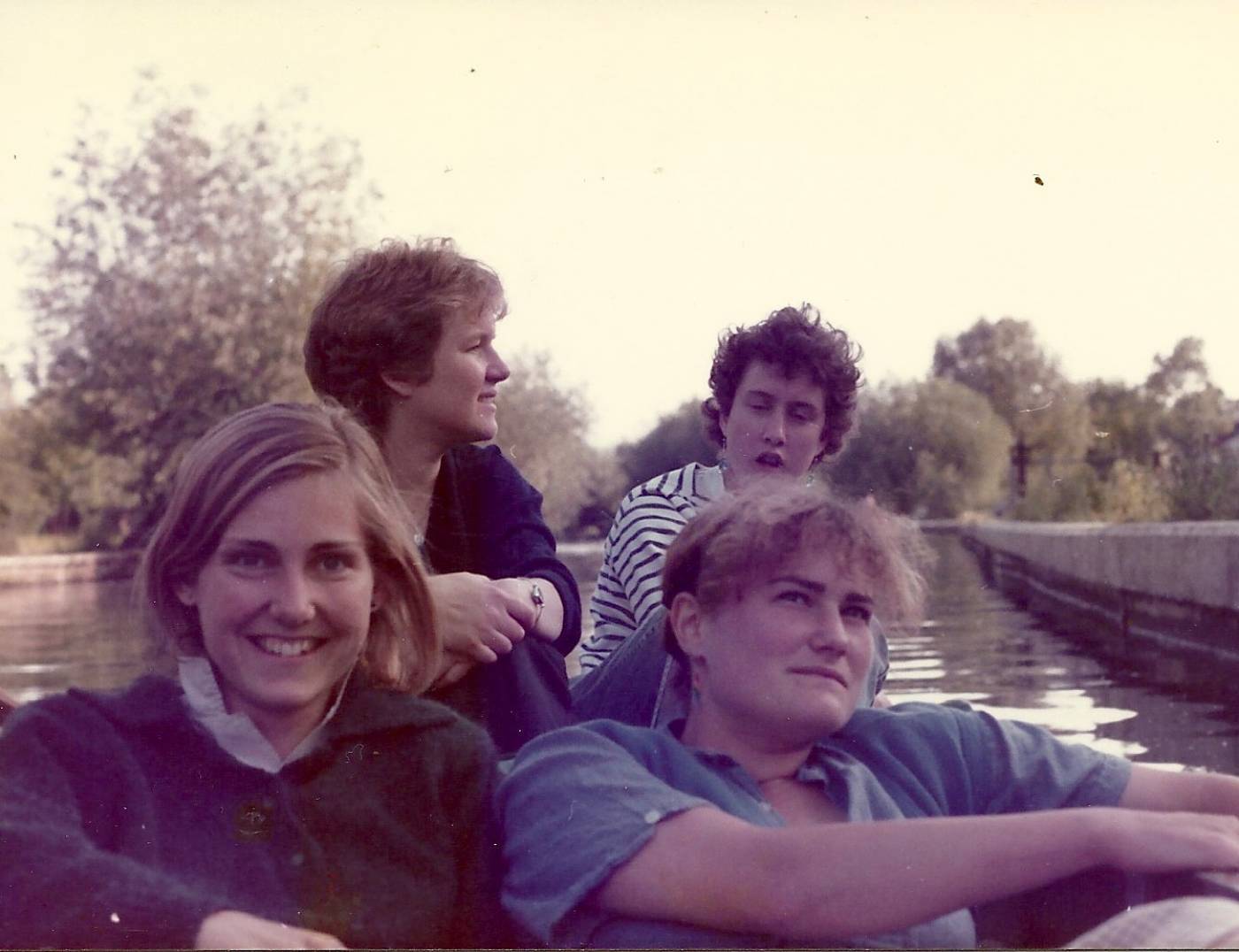
I have three bits of advice: 1) develop a real love of your discipline and work hard because you want to - be inspired by Richard St. John's TED talk on how to be a success and become a work-a-frolic; 2) enjoy the wide range of people and experiences that UCL and London have to offer - weave a fabric of strong friendships and vivid memories; and 3) be a confident agent of change: if you see ways to improve things, speak out - as students you will notice (and feel strongly about) things that we have grown accustomed to.
- Dr Joanna Porter (UCL Medical Sciences), studied Medicine and Natural Sciences/Pharmacology at University of Cambridge (pictured bottom-left)
3. Make the most of your opportunities
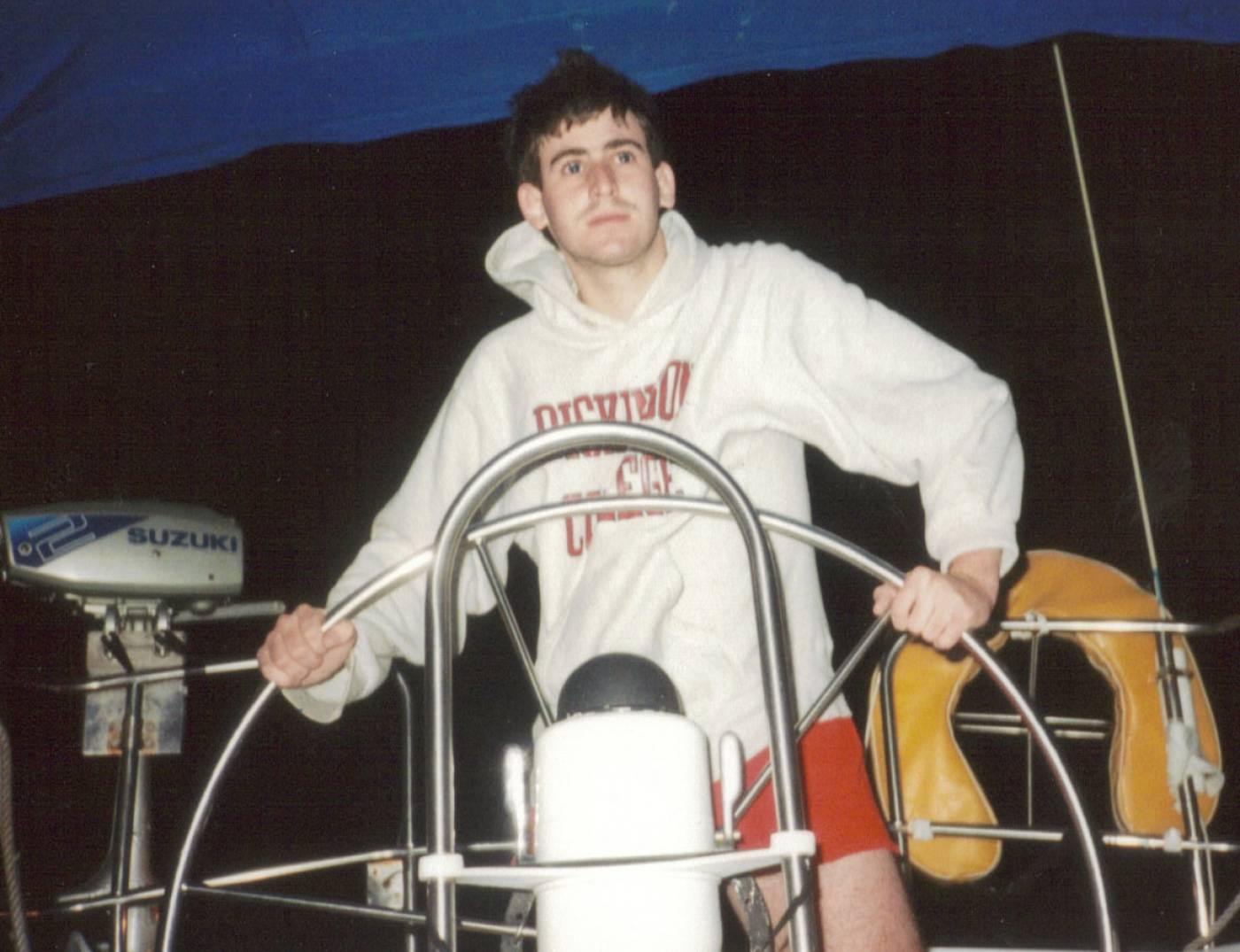
At UCL, you are surrounded by fantastic opportunities - academic, cultural, athletic and social; the best advice I can offer is to make the most of them. One of the best classes I ever had was taken on a whim but Modern German History created a passion for European history that I still enjoy (despite doing a computer science degree). Joining a fraternity led to not only fun, crazy memories but life-long friendships for sharing them. And a road trip to go sailing in the Florida Keys over spring break was one of my best decisions, despite the 22-hour car journey, running aground, tearing the mainsail, and the water spout that nearly ended the adventure. In Bloomsbury we have not only UCL but also London at our doorstep. Make the most of your chances - my guess is that any regrets you have about your time here will ultimately be around missed opportunities rather than things you tried.
- Dr Joseph Devlin (UCL Psychology and Language Sciences), studied Computer Science at Dickinson College, Pennsylvania
4. Look after your mental and physical wellbeing
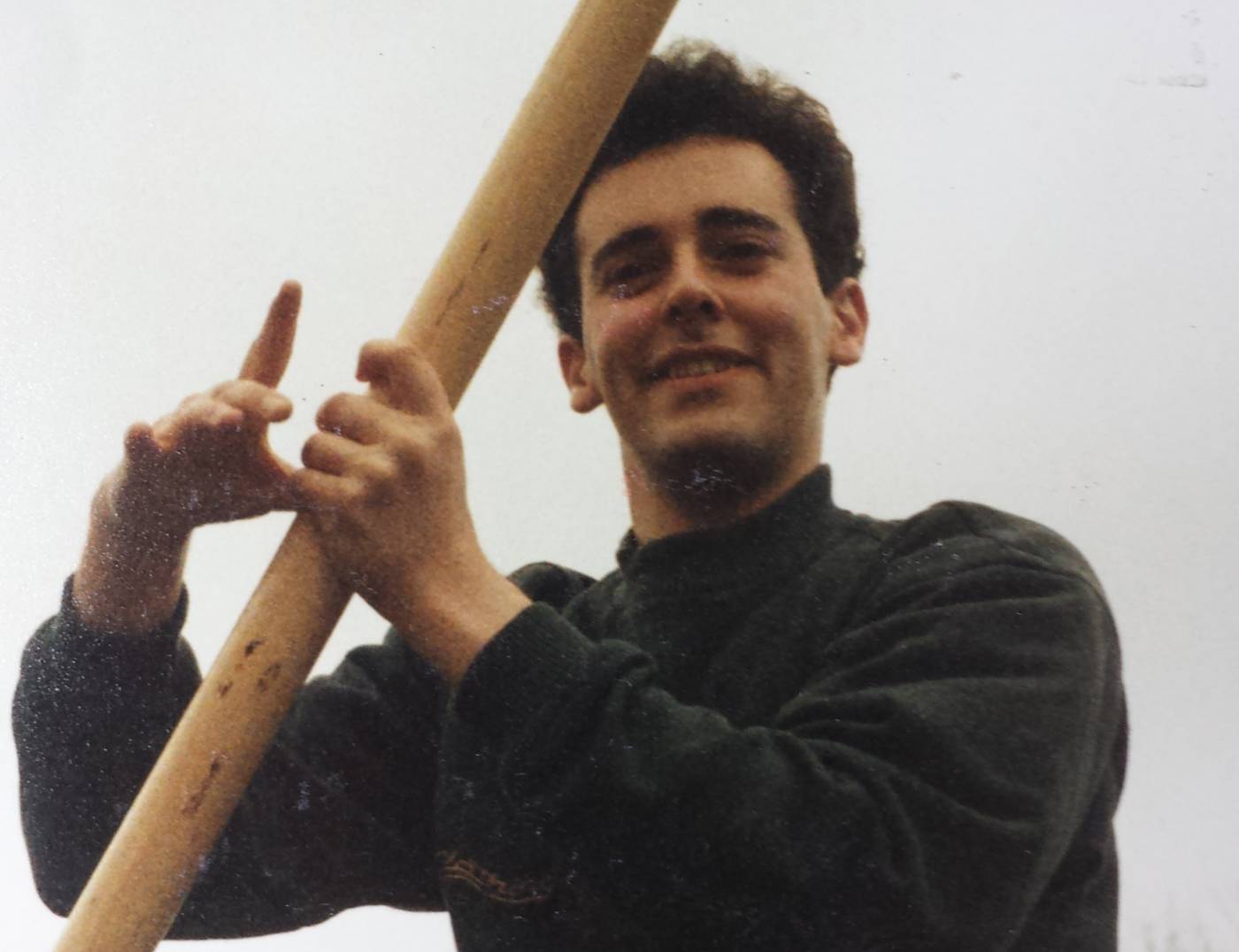
Your fellow students are smarter than you, work harder than you and are having much more fun than you. Well, that's how it can feel sometimes when you're an undergraduate, but it doesn't mean it's true. Other students are almost certainly exaggerating when they claim to have spent 36 hours without a break writing an essay! That's actually a pretty daft thing to attempt; it's much better to work in short, focused bursts and ensure that you look after your mental and physical wellbeing. Studying at UCL means that you are at the centre of one of the world's greatest cities. Make sure you allow some time to properly explore it, making use of student discounts and enjoying free things like museums, public and commercial galleries and free gigs. But don't forget to talk and listen to your fellow students who come from all over the world, broadening your horizons and making friends for life.
- Dr Richard Freeman (UCL Institute of Education), studied Natural Sciences and Social & Political Sciences at University of Cambridge
5. Read sensibly and write regularly
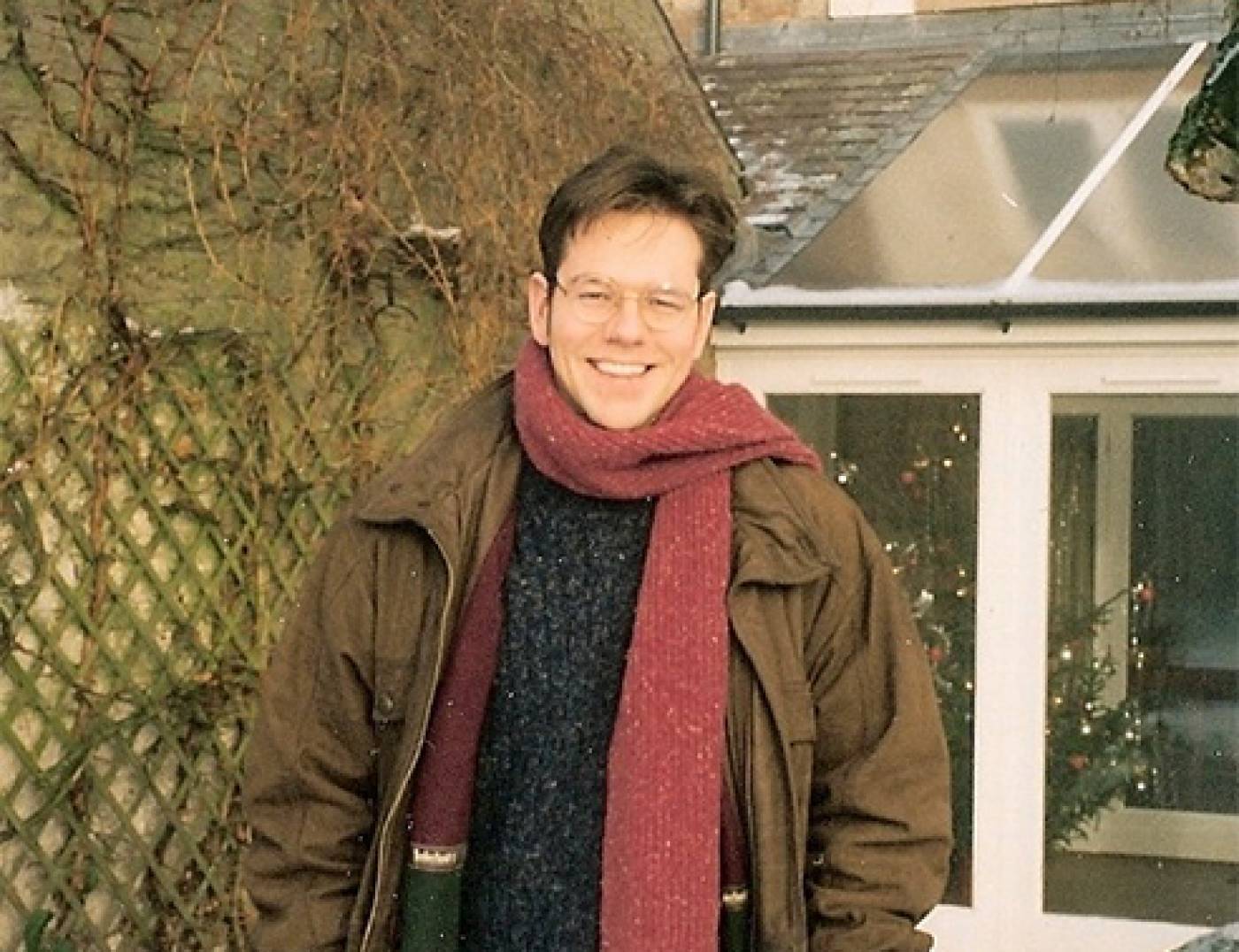
I have two bits of advice based on my own experience of being an undergraduate. First: if you're in a library pretending to read a book and you're falling asleep, just go home to bed. I wasted hours of my life sleeping in libraries. An hour of concentrated reading when you're actually taking it in is far better than five hours of dozing over the same paragraph. Second: write something-anything-every day. I used to get very tense about writing essays until I realised that writing was something to practice and enjoy - and also that a well-turned paragraph can (almost) obscure other failings.
- Dr Adam Smith (UCL History), studied History at the University of Oxford
 Close
Close

